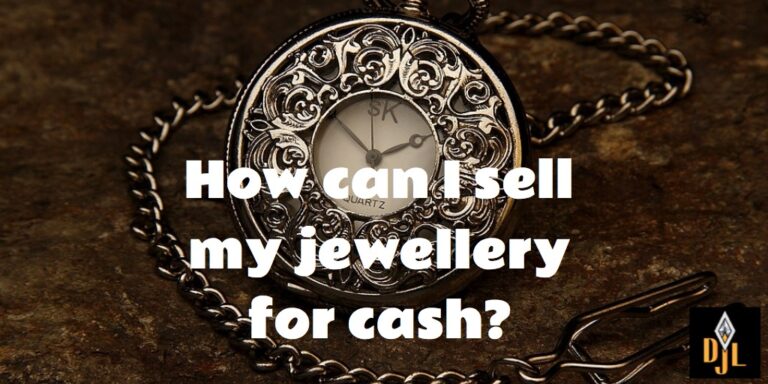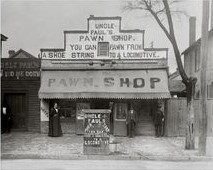The History of Pawnshops in Canada and around the World
How Pawnbrokers have shaped the alternative lending industry

Introduction
Pawnshops have been around for centuries and have played a vital role in the world’s economy. They are known for providing an alternative source of lending for people who cannot obtain traditional loans from banks or other financial institutions. In this article, we will explore the history of pawnshops in Canada and around the world, and how pawnbrokers have shaped the alternative lending industry.
History of Pawnshops

The history of pawnshops can be traced back to ancient China, where they were known as “Lombards.” Lombards were money lenders who provided loans to farmers and other people in need of financial assistance. Lombards would accept personal property, such as jewellery, as collateral for the loan. If the borrower was unable to repay the loan, the Lombard would keep the item and sell it to recoup the money.
Pawnshops also existed in ancient Greece and Rome. In these societies, pawnshops were often located near temples and were used as a means of borrowing money for religious purposes. Pawnshops were also prevalent during the Middle Ages in Europe, where they were often owned by Jewish merchants.
In North America, pawnshops became popular in the late 17th century. The first pawnshop in the United States was established in New York City in 1690. Pawnshops were initially used as a means for the poor to obtain short-term loans. The concept of using personal property as collateral was appealing because it did not require a credit check or proof of income.
Pawnshops in Canada

Pawnshops became prevalent in Canada in the late 19th century. The first pawnshop in Canada was established in Montreal in 1860. By the early 20th century, there were pawnshops in every major city in Canada.
Pawnshops in Canada were originally used as a means of providing short-term loans to the poor. However, over time, pawnshops began to cater to a broader range of clientele. Today, pawnshops in Canada offer loans to people of all income levels, including small business owners and entrepreneurs.
Pawnshops in Canada are regulated by provincial laws. Each province has its own regulations regarding pawnshops, but most require pawnshops to be licensed and to adhere to specific rules regarding interest rates, loan terms, and the handling of personal property.
Pawnbrokers and the Alternative Lending Industry
Pawnbrokers have played a vital role in the alternative lending industry. Unlike traditional banks and other financial institutions, pawnshops do not require a credit check or proof of income to obtain a loan. This makes them an attractive option for people who cannot obtain traditional loans.
Pawnshops have also played a role in providing short-term loans to small business owners and entrepreneurs. In many cases, small business owners and entrepreneurs have difficulty obtaining traditional loans from banks and other financial institutions. Pawnshops offer an alternative source of funding that can be used to finance inventory purchases, pay employees, or cover other business expenses.
Pawnshops have also played a role in providing loans to people who need money quickly. Pawnshops are often able to provide loans within minutes, making them an attractive option for people who need money immediately.
Pawnshops and the Economy
Pawnshops play a vital role in the economy. Pawnshops provide short-term loans to people who cannot obtain traditional loans. These loans can be used to cover unexpected expenses, pay bills, or finance small business ventures. By providing loans to people who cannot obtain traditional loans, pawnshops help to stimulate the economy.
Pawnshops also play a role in the recycling of personal property. When people pawn items, they are often unable to repay the loan and the item becomes the property of the pawnbroker. Pawnbrokers will then sell these items to recoup the loan amount. This process helps to put used items back into circulation, which is beneficial to the environment.
Conclusion
Pawnshops have a long and rich history, dating back to ancient times. Pawnshops have played an important role in providing an alternative source of lending for people who cannot obtain traditional loans from banks or other financial institutions. Pawnshops have also played a role in providing loans to small business owners and entrepreneurs, as well as providing quick access to cash for those in need.
Pawnshops have also played a vital role in the economy, helping to stimulate economic activity by providing short-term loans and putting used items back into circulation. While pawnshops have had their fair share of criticism, they remain an important part of the alternative lending industry and will continue to play an important role in the years to come. As pawnshops continue to evolve and adapt to changing economic conditions and regulations, they will remain an important source of lending for people around the world.
Author: Barry Klein – Certified Gemmologist





